Antioxidants are basically nutrients found in food which can prevent body damage. It has been found that they can even prevent cancer and other degenerative diseases.
Full Text
What are the rich sources of antioxidants?
- February 25, 2022
- 1 Comment

Antioxidants are basically nutrients found in food which can prevent body damage. It has been found that they can even prevent cancer and other degenerative diseases.
Full Text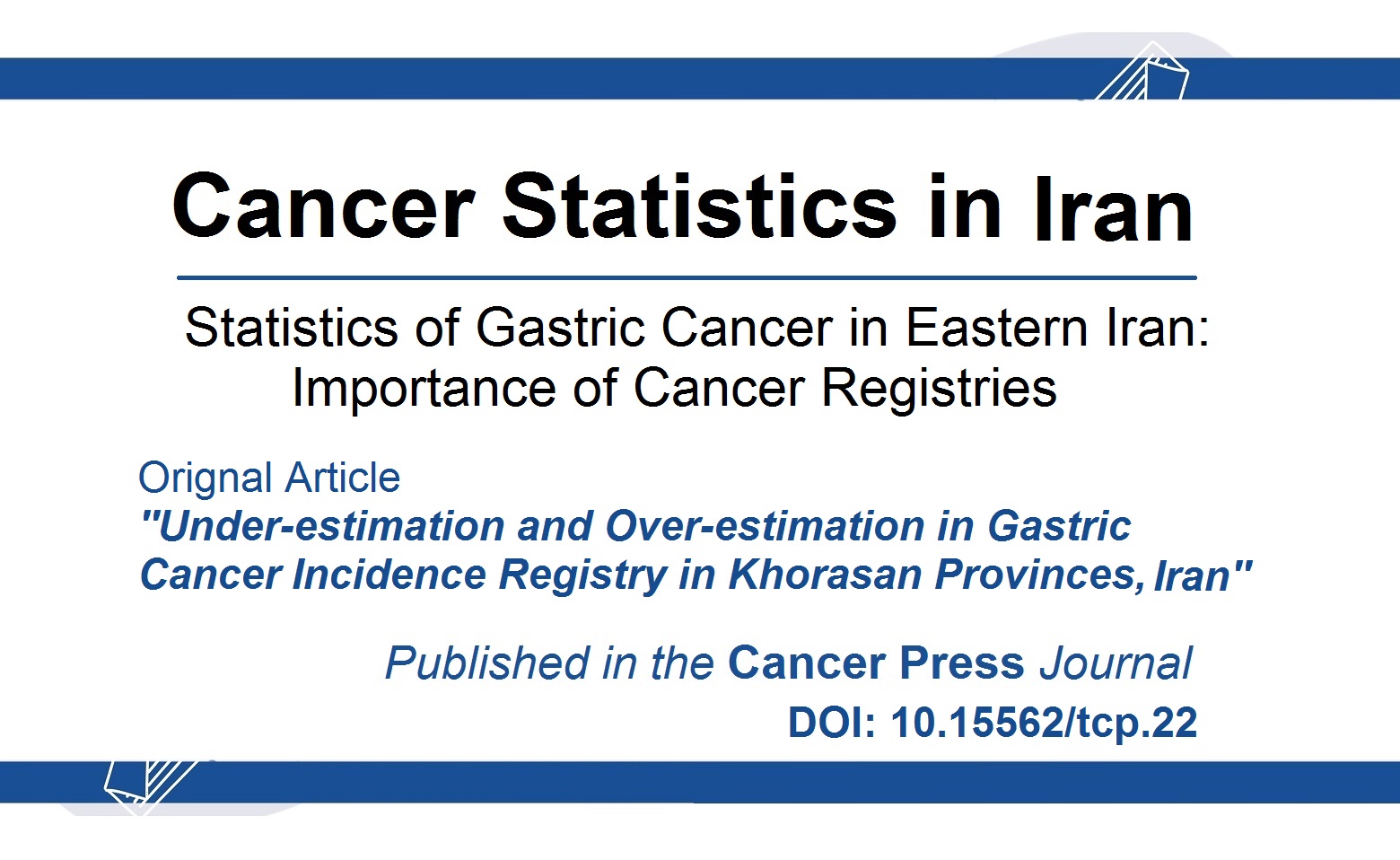
Gastric cancer is the cancer of the stomach’s inner lining. In Iran, the North and South Khorasan provinces lack proper medical facilities for treatment of cancer. That’s why the people who live there must travel to the more developed provinces in order to get cancer treatments. This situation has resulted in errors in calculation of […]
Full Text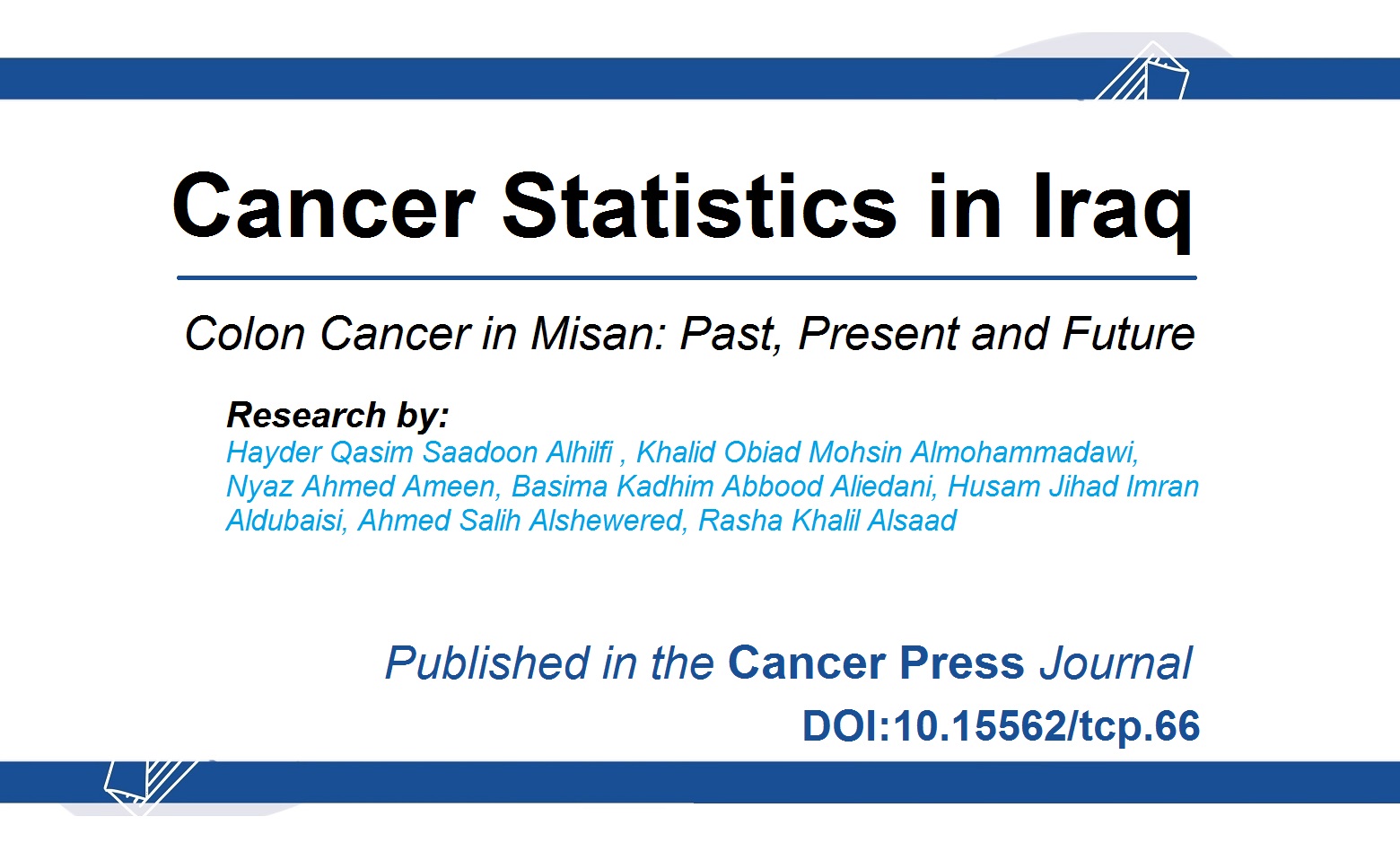
Cancer Statistics are important to know so that a comprehensive preventative and control strategies can be developed. This article will be discussing about Cancer Statistics in Iraq focusing on the colon cancer in the Misan province of Iraq.
Full Text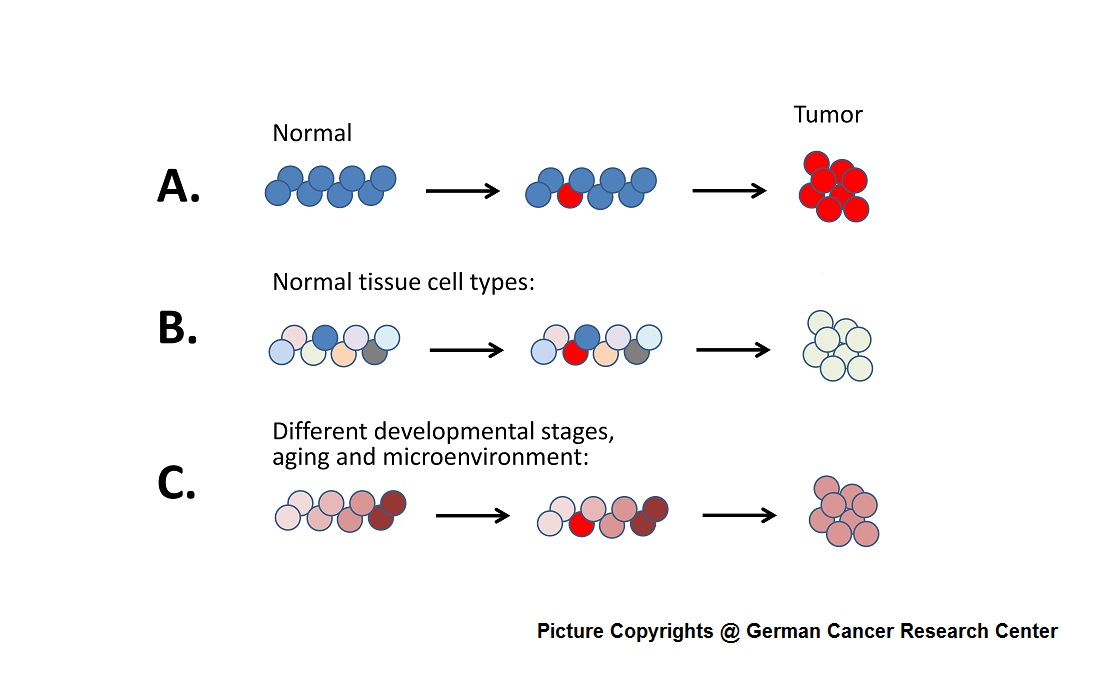
Even though there’s been great progress in cancer research, one thing that is doubtful, is- what is the Origin of Cancer and which cells does the cancer originate from?
Full Text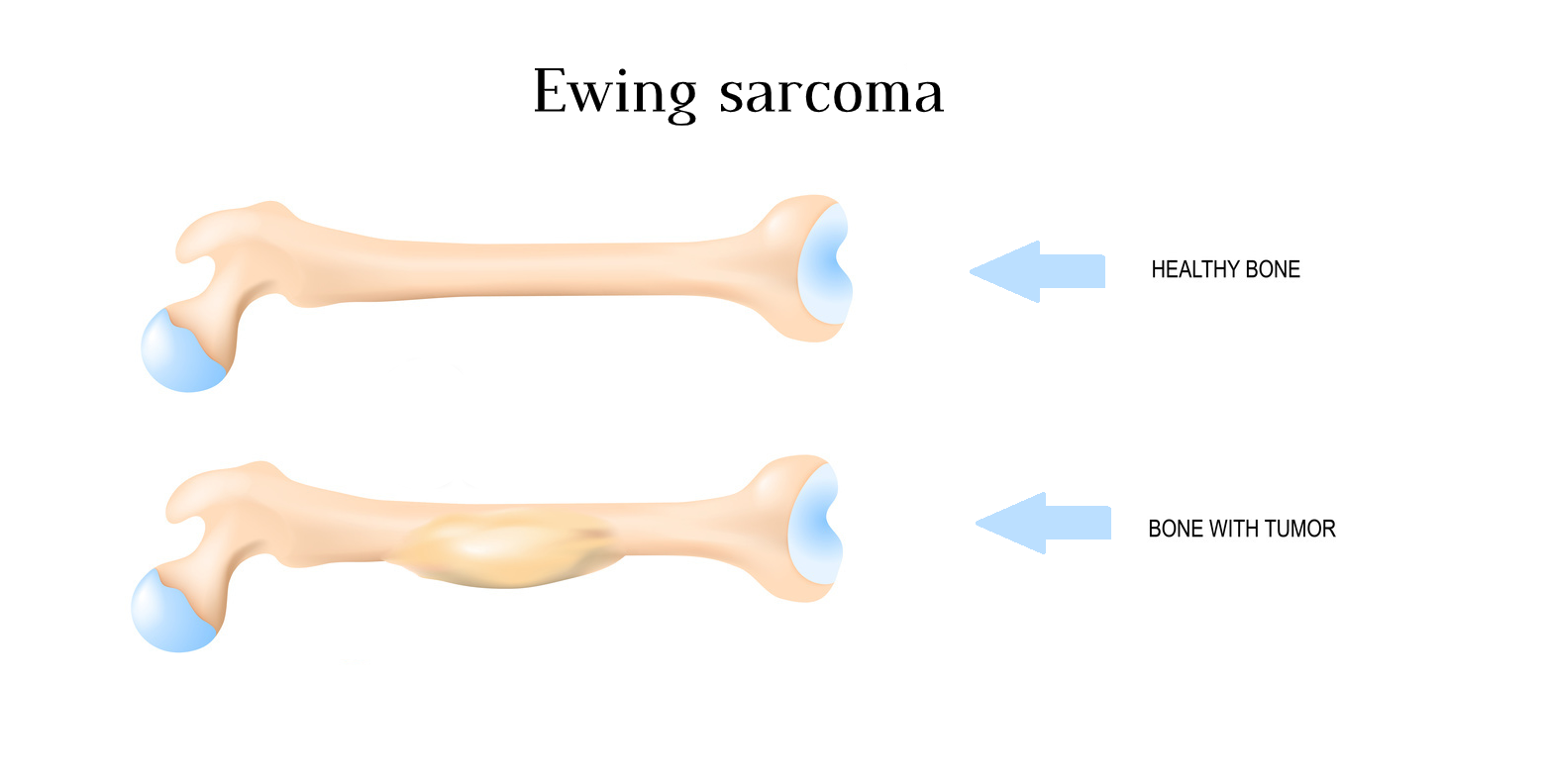
It was only in the late 1970s that chemotherapy was introduced as a way to treat Ewing’s Sarcoma. Before this, amputation of the affected limb was the only way to treat the cancer. At that time the survival rate was also very low. It was only 10%!
Full Text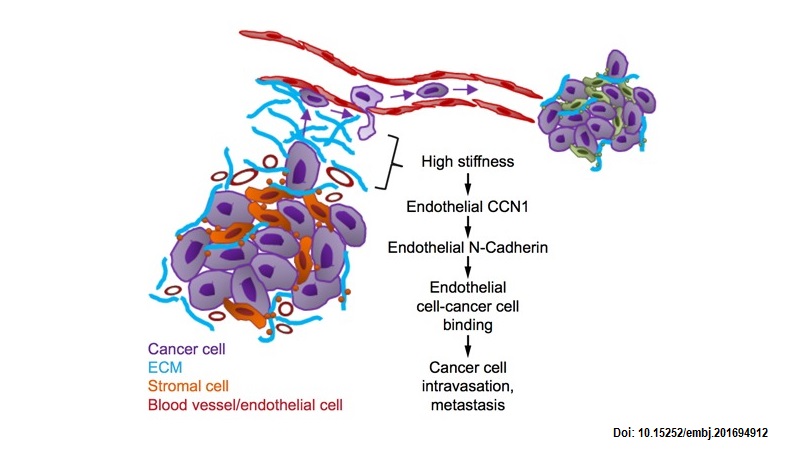
Cell adhesion is the binding of a cell to another cell. Cell adhesion can be homophilic or heterophilic. Homophilic adhesion is when the cell adhesion is caused by binding of similar adhesion molecules. Heterophilic adhesion, on the other hand, is where cell adhesion is facilitated by binding of different adhesion molecules.
Full Text
Insomnia is a common sleep disorder that can make it hard to fall asleep, hard to stay asleep, or cause you to wake up too early and be unable to fall asleep again. You may still feel tired when you wake up.
Full Text
Probiotics are living microorganisms which have beneficial effects on the health of host. They do this by balancing the host’s gut flora. Gut flora or intestinal microflora is a term used to define the bacteria and other organisms that live inside the intestines. Also, they digest food and produce vitamins such as Biotin and vitamin […]
Full Text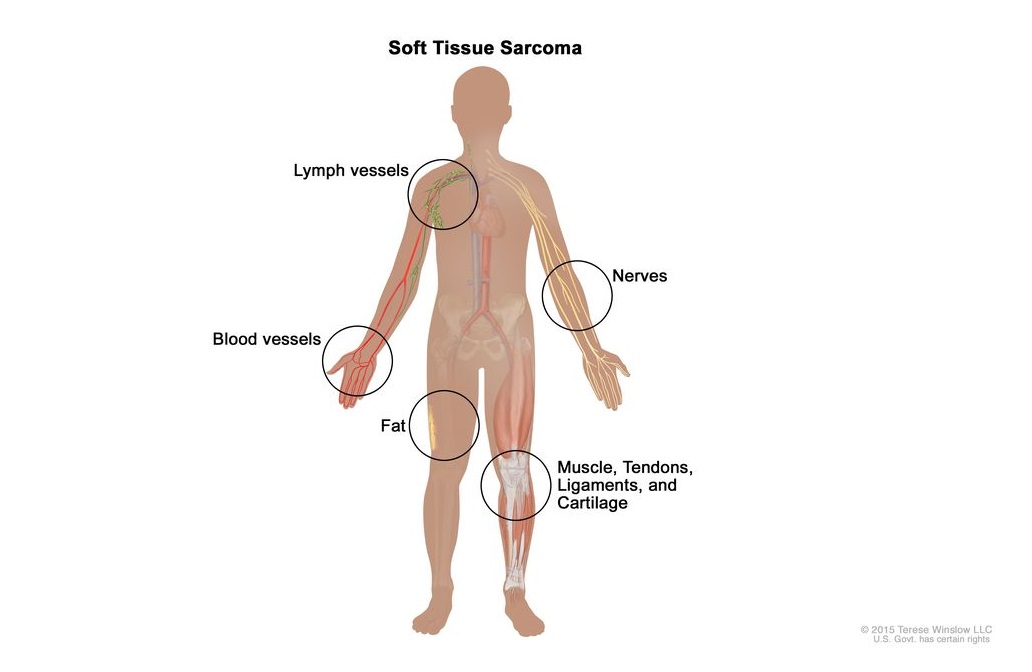
This report will discuss about the skeletal metastasis in Soft Tissue Sarcoma (STS) and the available diagnostic techniques of it. Patients can be diagnosed through the use of bone scintigraphy, CT (computed tomography), whole body Magnetic Resonance Imaging (MRI) and Positron Emission Tomography (PET). The main factors involved in choosing an imaging modality are specificity, […]
Full Text
Antioxidants are molecules which slow down the oxidation of other molecules. Oxidation is a chemical reaction that starts a series of other reactions cause damage to cells by producing free radicals. Antioxidants play a vital role in the cancer prevention and treatment. Some examples of antioxidants are vitamin C, vitamin E, carotenoids and beta-carotene.
Full Text